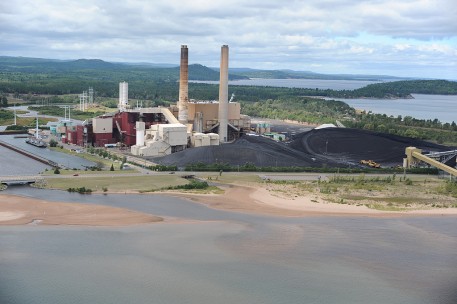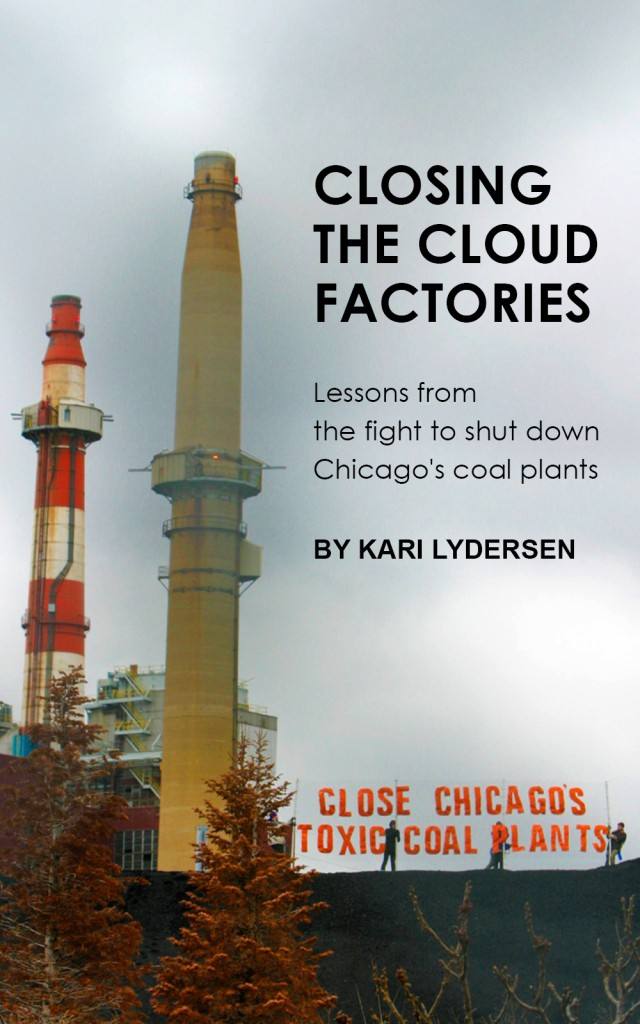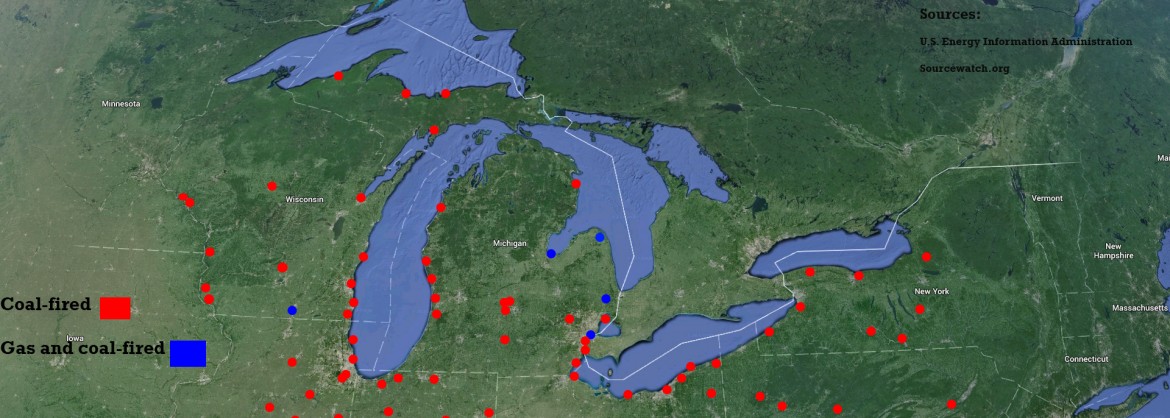Illinois has the most coal plants in the nation that disproportionately threaten the health of poor people and minority communities, according to a recent report by the National Association for the Advancement of Colored People. The state had nine plants that received a failing grade from the organization. Indiana and Michigan had the second most plants, with five each, that failed the organization’s test. “Illinois, Indiana, Michigan, Wisconsin and Ohio – are home to 32 percent of the failing coal-fired power plants in the U.S.,” said the report. “In addition, eight of the 12 worst offending coal plants are located in communities in these states.”
People living near coal plants are more likely to be minorities and poor, so they are more often exposed to pollutants that damage their health, said the Daily Climate, a news service run by the non-profit Environmental Health Sciences.






